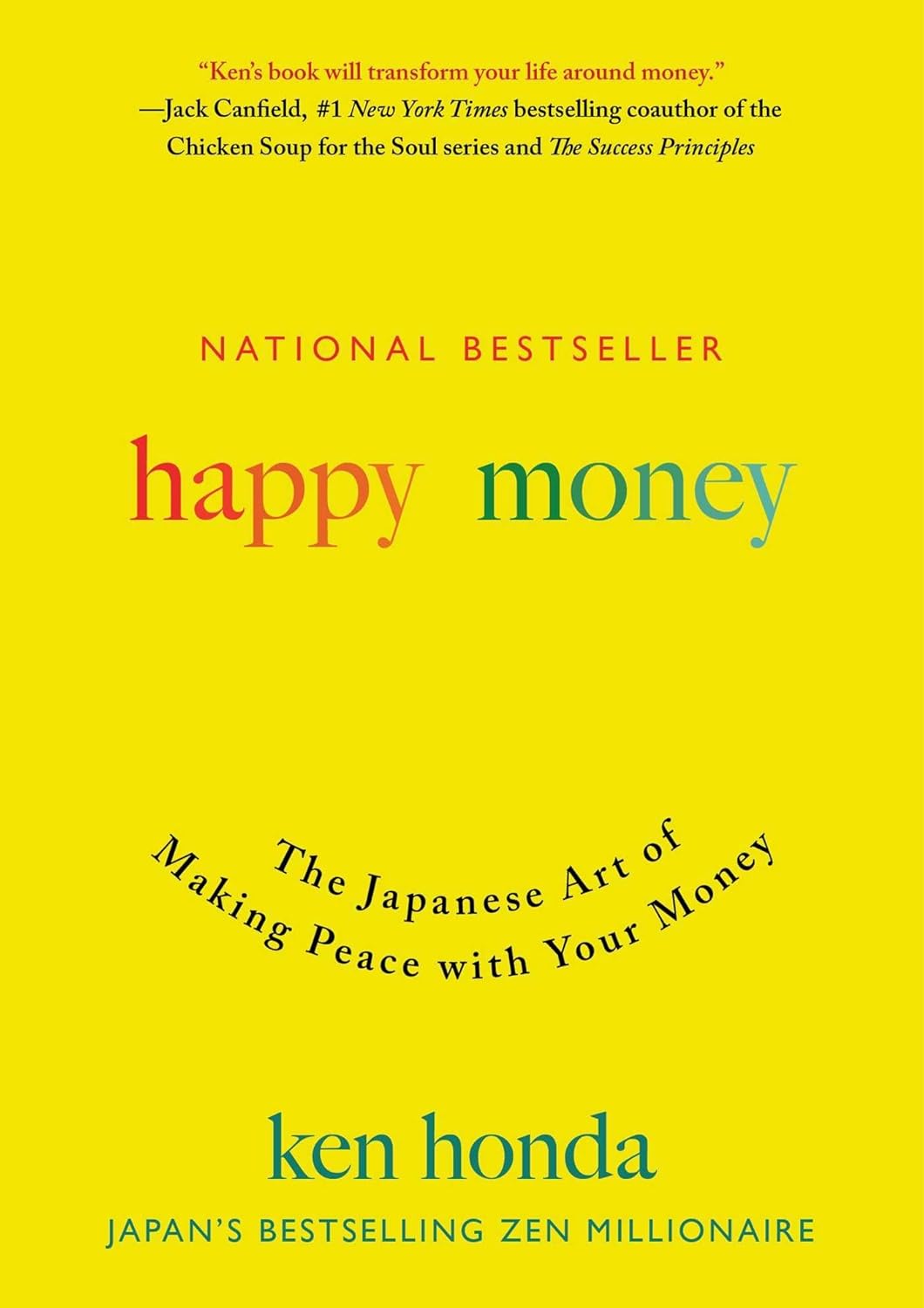I chose this book to broaden my money and investing views beyond “buy and hold.”
What you’ll find inside:
What I liked about the book is that it raised my awareness about the importance of how I earn and spent my money. While I already was cautious about what my spendings, I neglected the earning side.
There is only scarcity of money, if you choose to believe it.
As with life itself, it is the attitude we have towards financials that drives our beliefs. If we had bad experiences on how to pay our bills, we perceive money as a scarce resource – it needs to be protected. This may make us blind towards the fact that in today’s world there is more than enough. Federal Reserve is not printing it, but effectively adding funds to the money supply – we just have to somehow get on hold of it.
Be appreciative for your financial income
This brings me to the topic of earning money. For most of my life I believed that I did not deserve it. Be it my monthly salary, my earnings from all the side hustles I enjoy or gains and dividends from my investments on the stock and crypto market. I simply didn’t think much of getting paid for my time and skills.
But this is something the author aims to educate us on. To observe whether the money you receive is based on an activity that you enjoy, and understand that you and your productivity are the money’s worth. If you are not happy with what you do to get paid for, then instead of suffering daily find something you enjoy or a reason to enjoy your daily work beyond the financial aspect. Maybe by reframing your purpose in what you do for living.
Think of Norman Lawson who figured out 39 ways of not working lubricant formulas, but with WD40 found a rust preventive, penetrant and moisture displacer most of use already used.
Say “arigato” to the money that leaves your wallet
The author encourages us to apply the same mindful exercise while spending money. Also being thoughtful, about if the money spent is for something that really makes you happy on the long run. This implies, that you are aware of what makes you truly happy.
Take for example a new shirt that you always wanted, think of the all the necessary steps that are required to produce it. Starting from someone who had an idea to design the shirt, compose the materials and colours, create the fabric, sew everything together, transport it to the shops or distributors and finally reaching you after you bought it.
So when you say arigato (thank you in Japanese) while spending your money on that shirt, it is acknowledging that there are several people involved in producing this shirt and to be thankful for their work. But this is also acknowledging that you are also part of some value creation you deserve to get paid for.
As addition to that book, I recommend the following TED talk, that wraps the topic up.
What I derive from “Happy Money” by Ken Honda:
- Get mindful about money and try the habit of saying arigato while spending and receiving it.
- Occasionally, we overspend and lose money, but sometimes it’s due to changing financial rules, so avoid being too hard on yourself for the latter.
- Before buying, consider if your happiness comes from spending or the product/service itself.
Next book on my list is “the Psychology of Money” by Morgan Housel. Stay tuned.

Leave a Reply